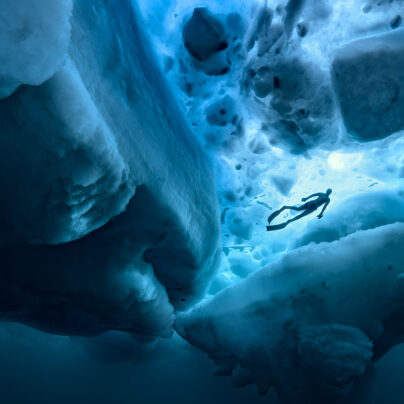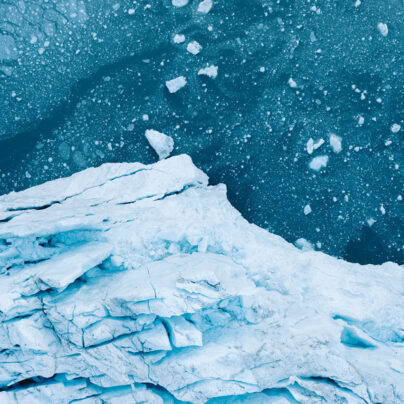The Talisker Whisky Atlantic Challenge
From The Field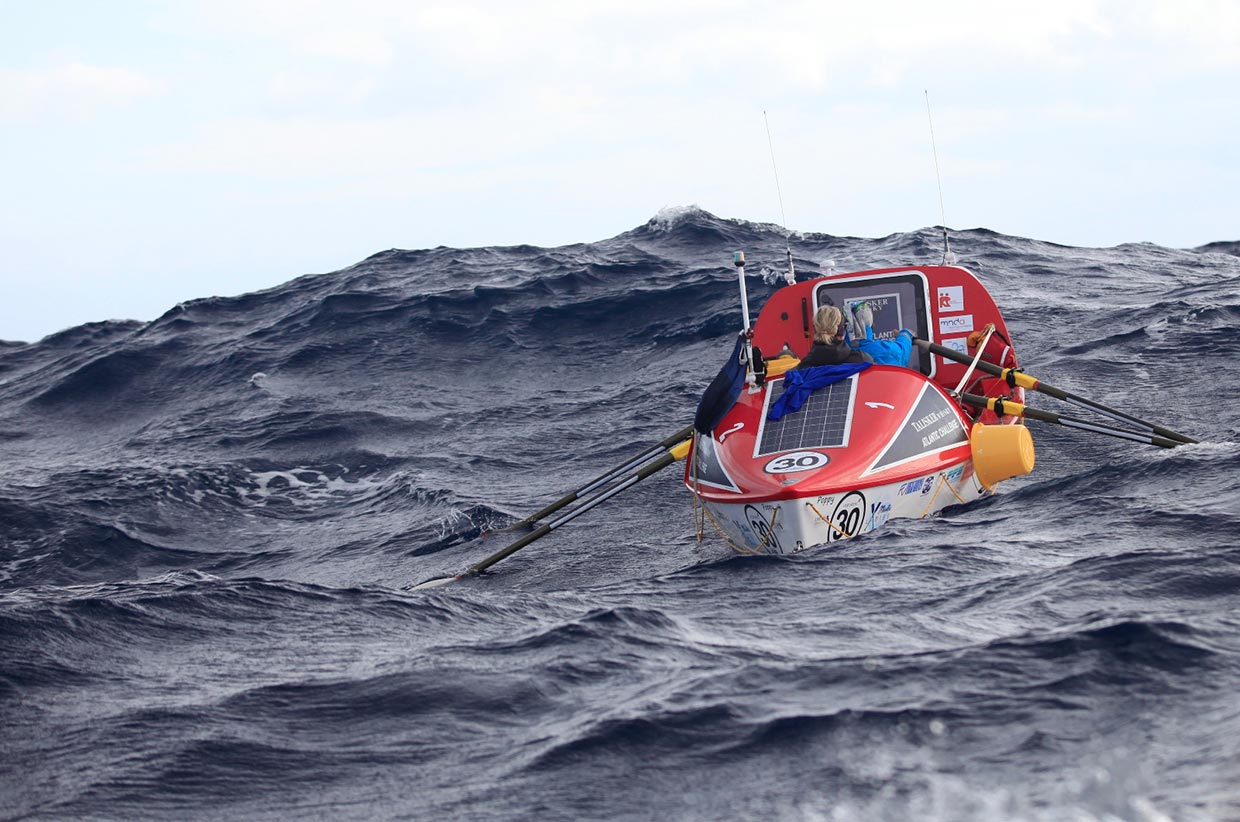
Life at our edges isn’t simple or easy but it reminds us of who we are, our purpose and what is possible.
Written by Sophie Hellyer
When a friend hypothetically asked if I would row 3,000 nautical miles across the Atlantic, I quite nonchalantly said yes. I imagined a simpler life, where the ground beneath you is always shifting, the ocean swells constantly rolling, far from any digital connection. It was easy to say yes from a warm, dry house far from the coast. But standing on La Gomera, looking west across the endless blue, the realisation of the challenge hit hard.
The Talisker Whisky Atlantic Challenge is known as the world’s toughest row. Teams race as either soloists, pairs, trios or quads, attempting to cross the Atlantic via the path Columbus’s fleets took centuries before, 3,000 miles from La Gomera to Nelson’s Dockyard, English Harbour, in Antigua. The boats are 7m long and under 2m wide, with an impossibly small cabin for protection against storms. They cannot take any repair, help, food or water during the crossing – which can take anything from 35 to 96 days.
As I watch the competitors ready themselves, the challenges hit me one by one, punctuating my excited curiosity with a sick feeling in my stomach: the constant battle of sleep deprivation; cleaning the underside of the boat in sharky waters to reduce the drag caused by barnacles; the toilet, just a bucket on deck. Rowing at night, the darkness of the Atlantic Ocean under a star-filled sky both terrifying and tantalising. Then there’s the main challenge, the one that makes me pause for a long time: the guarantee of seasickness. The very real possibility of chronic nausea, lasting 10 days or more. But we must remember these challenges are a choice. For the thousands of refugees who set out on treacherous waters in the hope of a better life, it might not be such a well-prepared and luxurious decision. That’s a humbling thought.
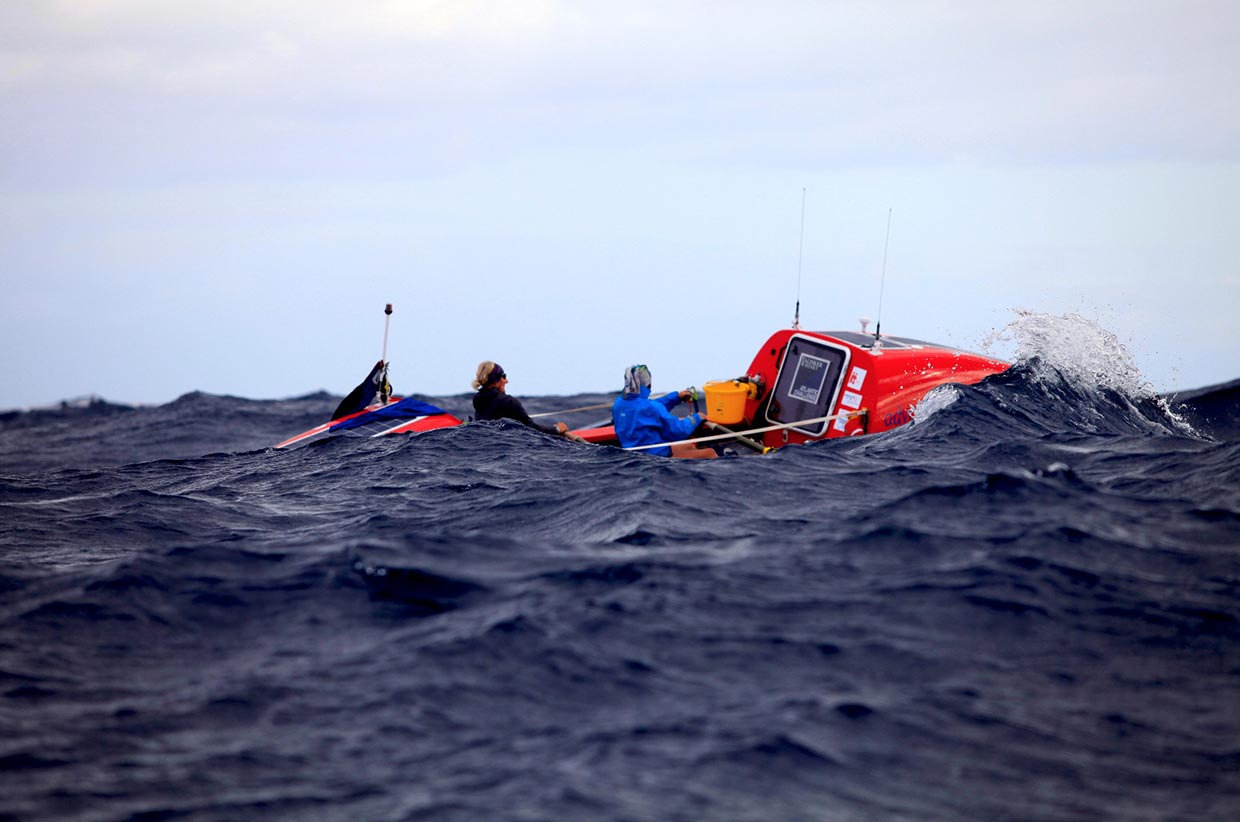
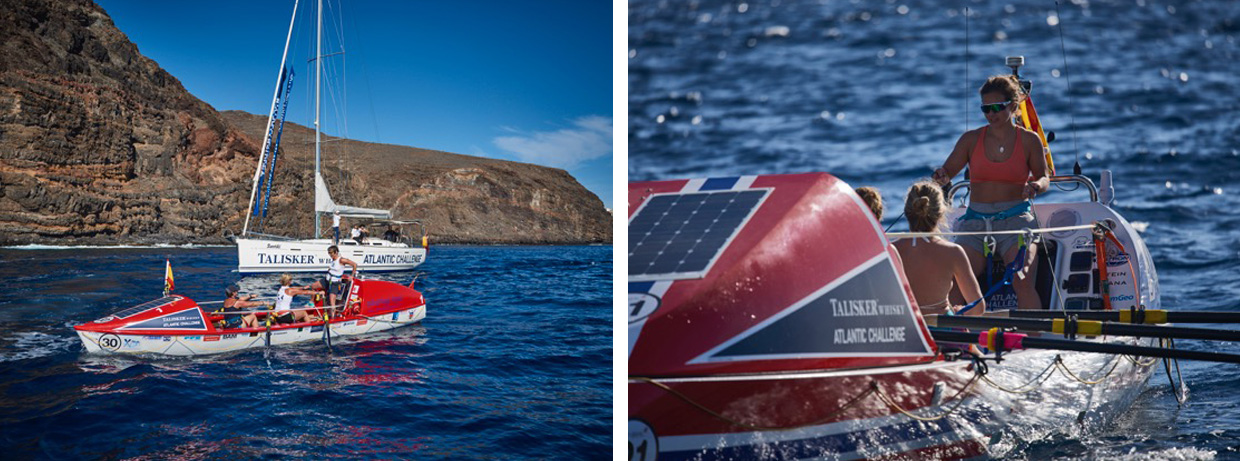
I had decided to travel to the start line to learn more about this intangible illusion that kept drifting into my mind. Once a stop for weary mariners, now more of an eco-tourism destination, La Gomera is a small island off the west coast of Africa, the westernmost of the seven main Canary Islands. Its smallness is not only beautiful, but a blessing – it’s the island that most tourists seem to forget. I love small islands, from the Arans of West Ireland to the southern atolls of the Maldives; this one resembled more the Azores or Madeira than Tenerife. The thick canopies of sub-tropical evergreen forests transport you from the better-known arid landscapes to a different world.
I meet a teacher, an accountant, a midwife, a lawyer; just normal people. But what’s normal about wanting to row the Atlantic? Shunning societal pressures, leaving children at Christmas, mortgages and careers deferred decades for this experience. These are action takers who inspire others and create waves of change, sometimes raising thousands for charities, opening their minds and hearts to better the world around them. For these rowers in the Talisker Whisky Atlantic Challenge, as they navigate between the islands in the stream, the real competition is with themselves, not the elements. The internal strength required is far more important than physical strength. Tropical storms and 40ft waves not only conjure life-changing experiences but also a possibility to see the world, be free and humbled in so many ways.
The race also has convincing environmental guidelines. This year sees the world’s first certified carbon-neutral expedition to cross the Atlantic. All boats are fitted with huge solar panels, and desalinators are used to remove 99 per cent of the salt, making seawater potable, eliminating the need for single-use plastic bottles. Some crews use bamboo toothbrushes. Wet-wipes for washing are biodegradable and rubbish bags compostable. Every piece of plastic and paraphernalia taken on board is counted and weighed; exactly what goes out must come back. A great depth of respect for our oceans is shown, reigniting my hope for our planet. It seems a love for the ocean is why most of us are here. Our oceans sustain life, bring us all together and invite us to immerse.
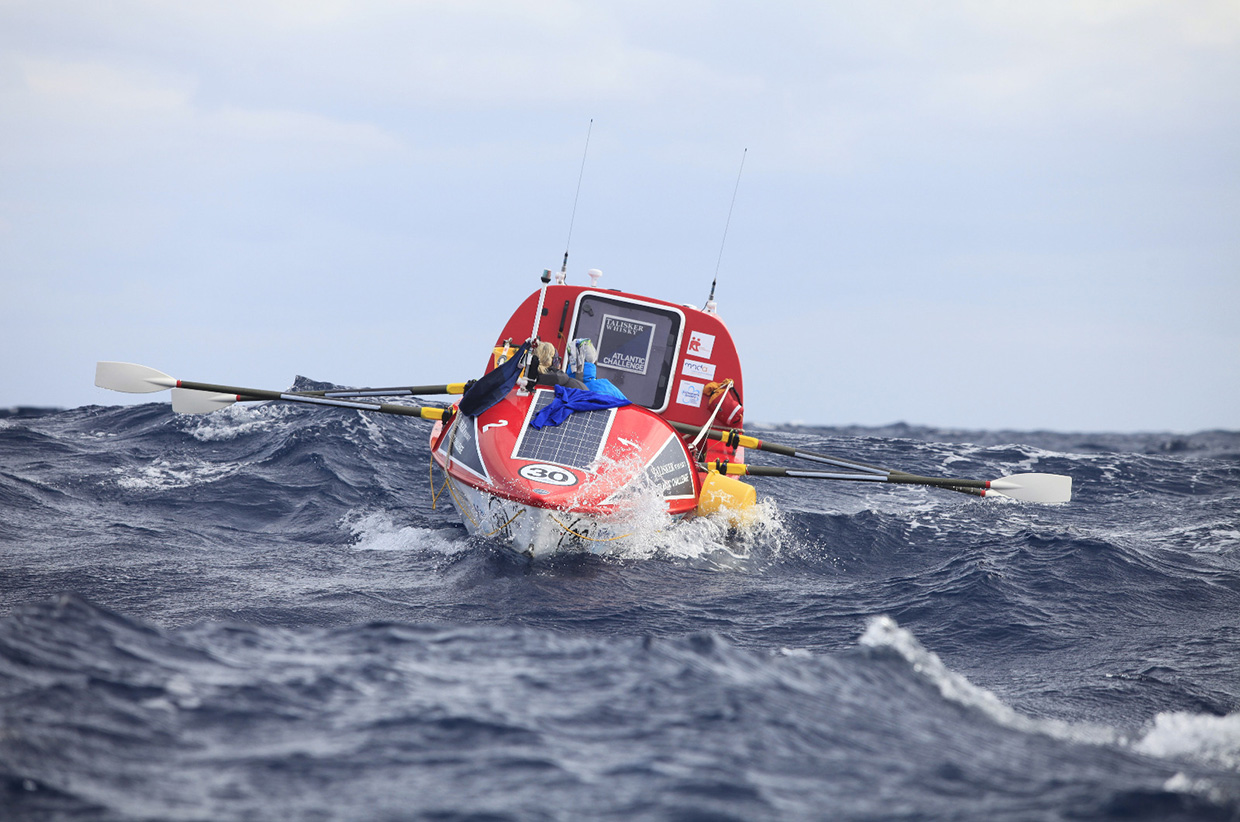
It refreshed me to discover that more and more women are entering, perhaps inspired by Elaine Hopley, the first solo female to complete the race in 2016, a voluntary firefighter and mother of two. I watch the crews sharing knowledge and advice, the island atmosphere creating strong friendships, competitiveness giving way to camaraderie.
It’s been a while since I competed in any sporting event. As I grow older my motivation to compete is slowly fading, the experiences themselves becoming more important than winning. The first Chinese team to attempt to cross the Atlantic happens to be an all-female crew, and this year also sees the first female Scandinavian team. I overhear one of the Norwegian women say friendship is as important as finishing. They know that however priceless reaching the finishing line is, the moments getting there are even more so. The people taking on this challenge inspire me, risking everything to create awareness of issues important to them. They have seen it as their responsibility to try and make the world just a little safer and more peaceful, even if it means their personal worlds are shaken up in the process. Life at our edges is not simple or easy, but it reminds us of who we are, our purpose and what is possible.
For more information on the race, visit taliskerwhiskyatlanticchallenge.com or follow them on Twitter @ACampaigns // @taliskerrace and Instagram @atlanticcampaigns // @talisker.
Written by Sophie Hellyer. Sophie is a surfer, environmentalist & writer living on the Atlantic coast of Ireland. Previously an English and British Champion surfer, Sophie feels more at home in the ocean than on land.
Website: sophiehellyer.com
Instagram: @sophiehellyer
Twitter: @sophiehellyer

